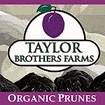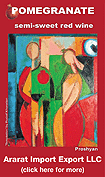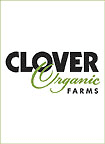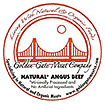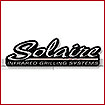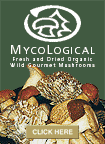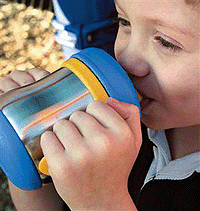 The
Baby Bottle Blues
The
Baby Bottle Blues
Worries
about the safety of some plastics is driving a demand for more
ecofriendly (and pricier) options Stefania
Geraci is no green freak. Her 6-month-old son, Dylan
Glantz, eats from plastic spoons and plays with plastic toys.
But when it came to choosing a bottle for him, Geraci, an attorney
from Port Washington, N.Y., proceeded with extra caution. "I
had a general knowledge that plastic might not be so great for
the environment or for his health," she says. She ended up
buying plastic bottles that are free of the hormone-mimicking
chemical Bisphenol A (BPA). More recently, she began using glass
bottles. "If there's an alternative that might be safer,
then you use the alternative," she says. "I liked the
idea of a more natural product."
Many
parents with young children are wrestling with similar concerns
about the safety of plastics. And they're bringing about a major
shift in the marketplace. One of the chemicals at issue is BPA,
which is used to make polycarbonate plastic. Many popular brands
of bottles and sippy cups, including Dr. Brown's and Avent, are
made of polycarbonate. Last August, a scientific panel convened
by the National
Institutes of Health concluded that "the potential
for BPA to impact human health is a concern, and more research
is clearly needed." But there is no hard science showing
that BPA can leach out of bottles at levels high enough to harm
human health, and the FDA maintains polycarbonate is safe.
As
recently as 2006, few consumers thought twice about the materials
used to make baby bottles. But a flood of plastic-toy recalls
last summer, combined with news coverage of the NIH panel's conclusion,
have sent parents searching for safer materials and manufacturers
scrambling to meet demand. This month, Handi-Craft
Company, which manufactures Dr. Brown's bottles, is
rolling out its first bottles made of glass. "We are offering
glass, because parents have asked for it," says Scott
Rhodes, vice president of St. Louis-based Handi-Craft.
But he stands by the safety of polycarbonate, adding that his
newborn son drinks from the same polycarbonate Dr. Brown's bottles
as Rhodes's older son used. "Polycarbonate is such a mainstay,"
he says, "because it is such a high-quality material."
At least one other manufacturer, The First Years (owned by RC2),
is exploring alternatives to polycarbonate in baby bottles. "This
is an issue that goes beyond science," says Richard
Liroff, executive director of the Investor Environmental
Health Network. "The markets are speaking, and companies
need to respond to changing markets."
Some
retailers report that demand for polycarbonate bottles is already
slipping. Marc
Lore co-founder and chairman of diapers.com, an online
merchant of baby gear, says sales of BornFree bottles, which are
made of a BPA-free plastic, have outstripped sales of all his
other bottle brands combined. "We put BornFree online about
five months ago, and they became the best seller right out of
the gate," he says. In response to customer demand, Lore
is adding more BPA-free products, including the Foogo cup from
Thermos and The Safe Sippy from Kid Basix, both made of stainless
steel.
Major
bricks-and-mortar retailers are also allotting more shelf space
to alternative materials. In 2006, partly in response to a shareholder
resolution brought by Liroff's group, Whole Foods banned polycarbonate
baby products from its shelves and now carries only BornFree bottles
and cups. Last month, Vancouver-based Mountain Equipment Co-op,
a major outdoor retailer, pulled all polycarbonate food containers
and water bottles off its shelves, pending a review of BPA safety
by Canadian health regulators that's expected in May. And, next
month, Target will offer glass bottles by Evenflo and BPA-free
plastic bottles from Medela, now for sale in select stores, chain-wide.
"We're trying to stay ahead of the needs of our customers,"
says Target spokesperson Susan Giesen, who adds that she has not
yet seen a major shift away from polycarbonate products.
The
interest in polycarbonate alternatives has benefited companies
that have sold BPA-free items all along. I play, a 26-year-old
manufacturer based in Asheville, N.C., makes a BPA-free straw
cup and is expanding its line of feeding products to include bowls
and utensils made from cornstarch. All of its products are free
of PVC, a plastic used to make some baby bibs and soft plastic
toys that was behind many of the lead-contamination recalls of
2007, and phthalates, chemicals used in PVC that have been banned
or restricted in Europe
and Japan. |





